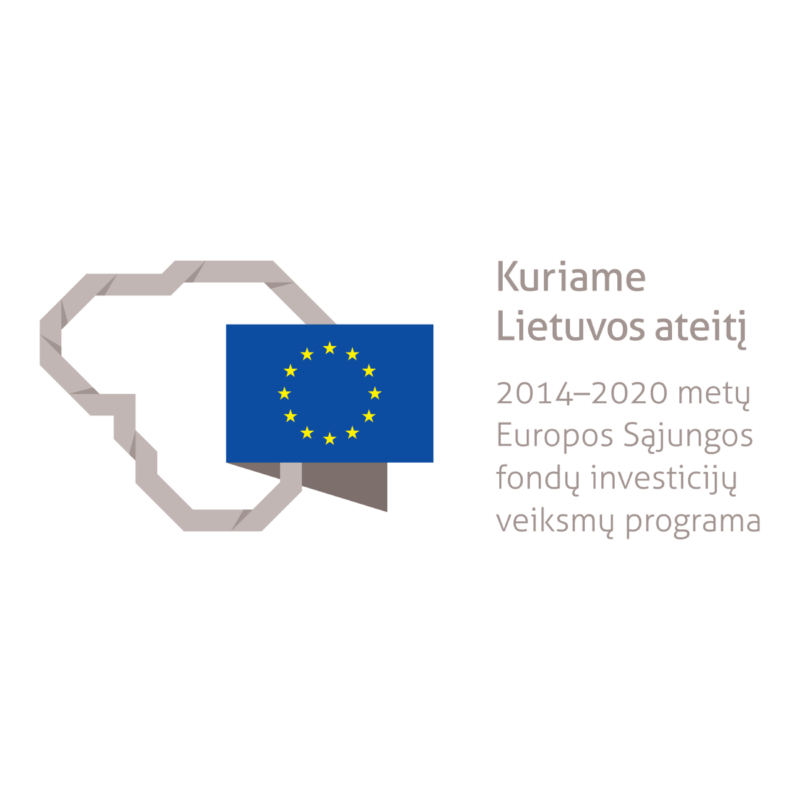Project „Study of connexin 26 mutations in syndromic deafness“
Project Nr. 09.3.3-LMT-K-712-02-0073
Project title: „Study of connexin 26 mutations in syndromic deafness“
Project duration: 2017-12-11 – 2023-07-31
Research fellow: dr. Lina Kraujalienė
Fellowship supervisor: prof. Vytautas K. Verselis
Amount of eligible cost: 41267,5 Eur
Title of the applicant: Lithuanian University of Health Sciences

Summary
Cx26 and Cx30 are the main connexins expressed in the cochlea with overlapping expression patterns. Cx26 is crucial for cochlear development and it is believed that hemichannels formed by Cx26 play a role in ATP release from cells in the cochlea. Moreover, connexin-formed gap junction channels may be important for Ca2+ wave propagation in the tissue. Mutations in Cx26 genes result in severe deafness, while mutations in Cx30 genes are associated with milder forms of deafness. Both connexins share ~77 % similarity of amino acid sequence, however they differ significantly in their functions. Computational studies of Cx26 proposed that the N-terminal segment of the first extracellular loop contains a parahelix and is important in gating. The sequence of the parahelix is identical between Cx26 and
Cx30 except for an Ala/Glu difference at position 49. We found that this Ala/Glu difference has a robust effect on hemichannel and gap junction channel permeability. Our results indicate that negative charge at position 49 burden the anionic permeability. Notably, swapping the Ala and Glu residues in Cx26 and Cx30 reversed the permeability profiles for calcein transfer through hemichannels and lucifer yellow transfer through gap junction channels. These findings are relevant for understanding the functional impact of hemichannel and gap junction channel configurations on cochlear physiology as well as disease pathogenesis given that two most commonly observed KID mutations in Cx26 (G45E and D50N) are located in parahelix domain adjacent to position 49.
Project objective: To improve professional skills of researchers with PhDs and encourage the planning and implementation of high level research projects.
Funded by 2014-2020 European Union fund investment operational programme “09.3.3-LMT-K-712 Development of scientific competences of scientists, other researchers and students through practical research activities”
